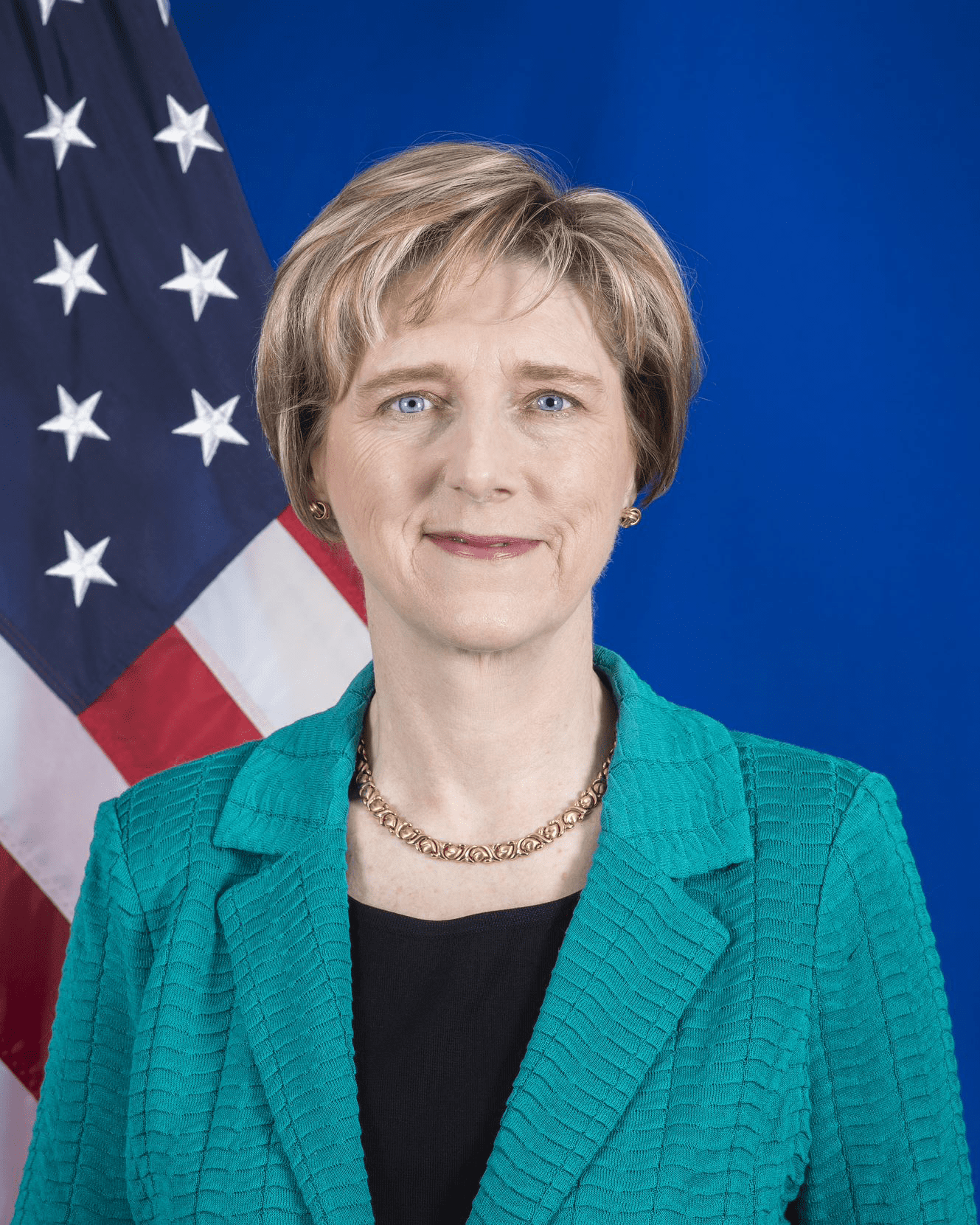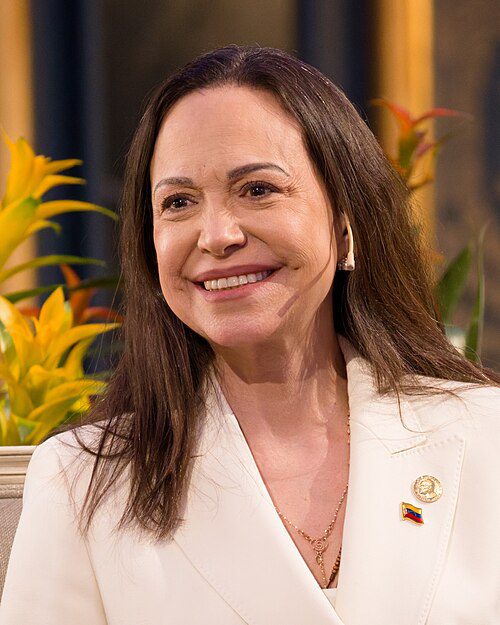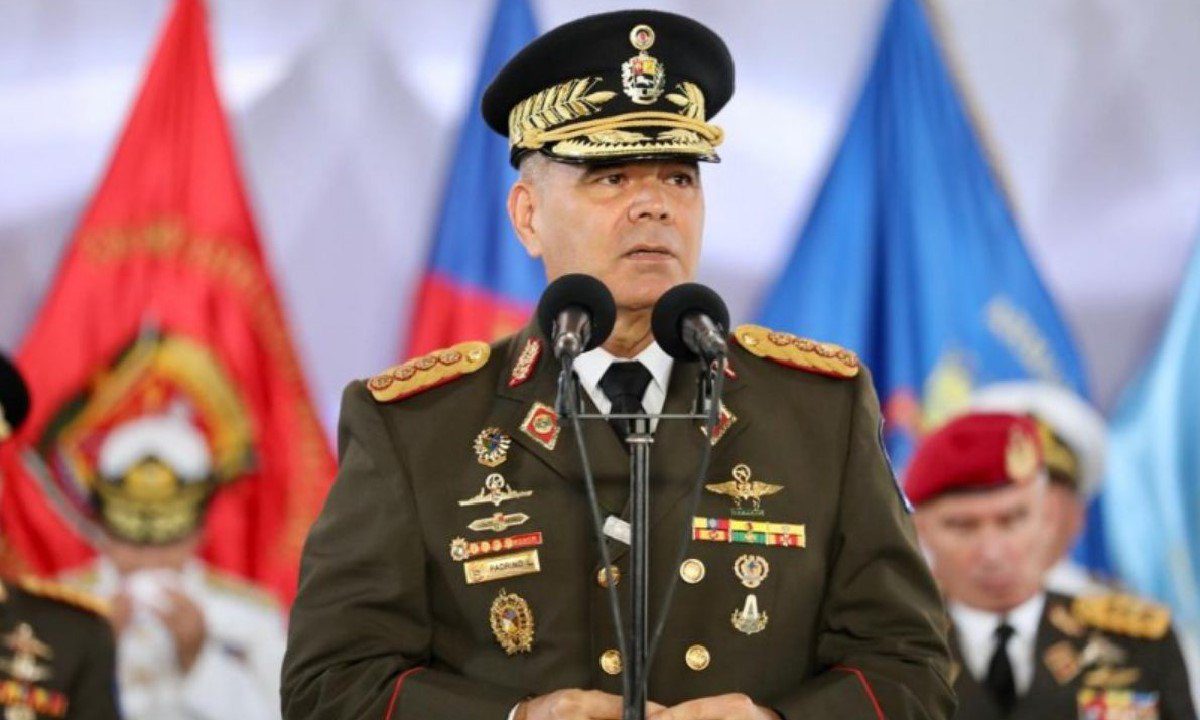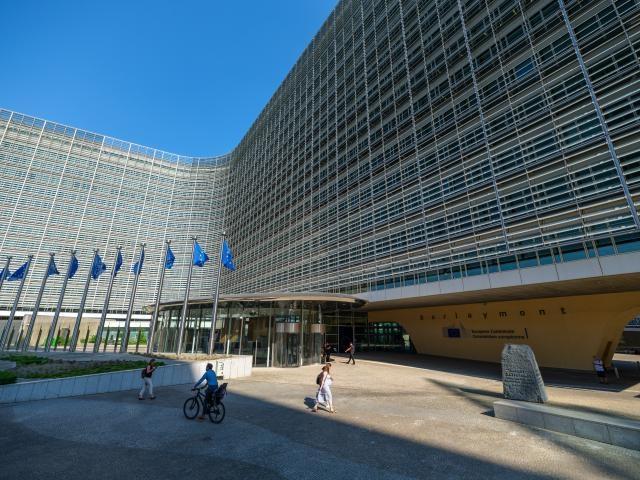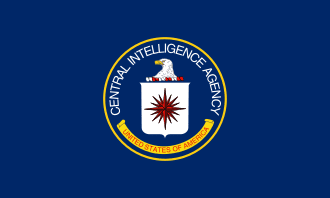The official has held several meetings with representatives of the Venezuelan State following the procedure initiated in 2021. Photo: Presidential Press.
Guacamaya, August 20, 2025. The Chief Prosecutor of the International Criminal Court (ICC), Karim Khan, has been officially removed from the investigation being conducted by the organization into alleged crimes against humanity in Venezuela. The official formally submitted his request for voluntary recusal, following a petition from the ICC’s Appeals Chamber II earlier this month, citing a conflict of interest.
Although the prosecutor was not subjected to a formal disqualification, he had been urged to preserve the integrity of the process and the trust of the victims in the investigation known as Venezuela I. The ICC procedure—unique in its kind against a Latin American country—seeks to examine alleged human rights violations and crimes against humanity in the Caribbean nation.
The concern regarding Karim Khan stems from his connection to Venkateswari Alagendra, his sister-in-law, who is part of the legal team hired by the Venezuelan State to represent it before the Court. In his request to the presidency of the judicial body, the prosecutor stated that he “fully complies” with the decision, despite being “in disagreement with the reasoning” of the Appeals Chamber II.
Khan defended his position by stating that he had not shared confidential information with Alagendra and clarified that the German lawyer is not part of his closest family circle. Nevertheless, the perceived bias publicly affected trust in the process, which gained particular relevance following a petition submitted to the ICC by the Arcadia Foundation, based in Washington D.C., against the prosecutor.
The procedure initiated in 2021 against the Venezuelan State was announced by Karim Khan himself after a first visit to the country, shortly after taking office. The prosecutor would visit Venezuelan territory three more times, aiming, among other things, to facilitate the opening of a technical office and advocate for the return of the Office of the High Commissioner for Human Rights, which was expelled in 2024.
For now, as an immediate consequence, the investigation has been placed under the responsibility of Deputy Prosecutor Mame Mandiaye Niang. The change has generated uncertainty, especially following a warning from the ICC’s Office of Public Counsel for Victims about potential delays in the investigation, although experts and advocates hope the integrity of the process will be strengthened.
The Venezuelan case was first brought before the ICC in 2018, with a preliminary examination to assess possible crimes related to the government’s repressive measures during the 2017 protests. This was later followed by a request for investigation from several South American countries and Canada to include alleged human rights violations dating back to 2014.


